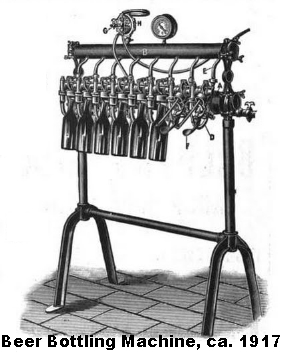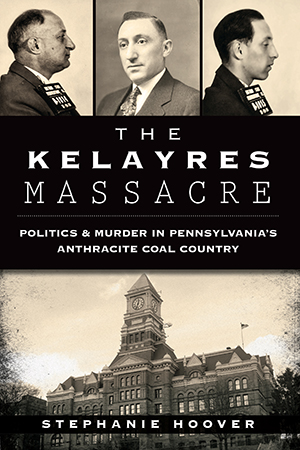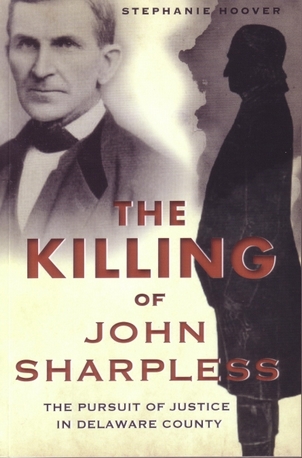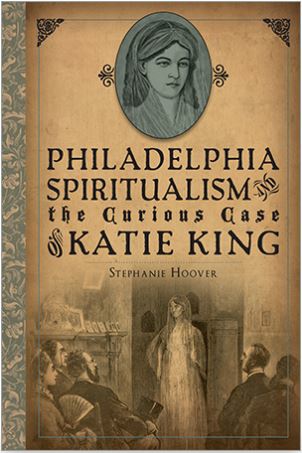Pennsylvania's Historical Industries:
Breweries
© Stephanie Hoover - All Rights Reserved
There are those who argue that the oldest surviving recipe in the world is for beer. It was written by Mesopotamians on clay tablets 3,800 years ago. The Metropolitan Museum of Art once displayed a portion of the recipe to undoubtedly amused patrons who may not have known art, but surely knew beer.

William Penn appreciated beer, and even included a brewery in the plans for his Pennsylvania estate, Pennsbury Manor. The restored home and brewery are both now open to public view.
Though many early Pennsylvania settlers were of a conservative nature, the drinking of wine, spirits and ale was common. Both adults and children imbibed, and beer was considered healthier than water although it is unclear if early inhabitants knew why. More than likely they didn't consider that the boiling processes utilized in brewing were killing bacteria. This was, after all, a time when wells were dug in the midst of farm fields and waste easily contaminated unprotected water supplies.
If there was a major Pennsylvania city without a brewery it would be difficult to name it. Writing of his first visit to the commonwealth, Penn noted his acquaintance with William Frampton who brewed beer in Philadelphia as early as 1682.
The History of Cumberland County by Rev. Conway P. Wing states that the manufacture of beer in Shippensburg began before 1743.
William Riddle's The Story of Lancaster, Old and New reported that in 1786 the borough was populated by 4,200 souls. Serving this community's beverage needs were 40 houses of public entertainment (pubs, as we call them today) and three breweries. In 1833 in Lititz, another Lancaster County borough, church authorities gladly gave John Kreider permission to open a malt house. Their hope: that malt liquors would be preferred over hard alcohol.
America's oldest, continually operating brewery is Yeungling & Son. Opened in 1829 the brewery remains in its original Schuylkill County location.
Events in Germany in the 1840s had a broad impact on Pennsylvania and its beer industry. Religious and economic upheaval sparked a flood of German immigration. With these immigrants came a new way of brewing beer. It resulted in a drink much lighter and enjoyable than the heavy American ale. Many credit John Wagner for this innovation. It was he who secreted out of Bavaria a prized lager yeast in the hopes of starting his own brewery in America. And, it was in the building behind his Philadelphia home that the nation's first lager was brewed.
The period after the Civil War was boom time for breweries. By the 1880s the industrial revolution had brought automation to the industry and small breweries were quickly gobbled up by larger ones.
The Brewery Workers National Union was founded in 1886. The next year it became affiliated with the American Federation of Labor and membership was open to all brewery employees, regardless of their job title. But the union, like the rest of the industry, was dealt a harsh blow when in 1919 the Eighteenth Amendment prohibited manufacture of alcohol. Prohibition killed off many of the remaining small breweries. Those that survived did so by switching to the production of low-alcohol "near beer" or by diversifying into other industries such as ice, dairy products, or soft drinks. One such entity, the DuBois Brewing Company in Clearfield County, survived prohibition only to be sold to the Pittsburgh Brewing Company in 1967. More than 100 employees lost their jobs. In his 1975 book All About Beer John Porter states that, after DuBois Brewing Company closed, the town's suicide rate reached, then surpassed, the national average.
In June 2004, Pittsburgh's Post-Gazette reported that consumption of beer in Pennsylvania had reached its lowest levels since 1947. Ironically, a beverage first enjoyed for its "health properties" itself suffered from a popular health trend: the low carbohydrate diet. Always adaptable, however, modern Pennsylvania brewers like the Pittsburgh Brewing Company soon introduced new "low carb" and "light" product lines, intent on keeping old customers regardless of their new lifestyle.
And (very) slowly but surely, Pennsylvania's notoriously strict liquor laws are loosening. While sales are still controlled by the state, more stores are able to sell beer and distributors can now sell 12-packs rather than just whole cases. ~SH


